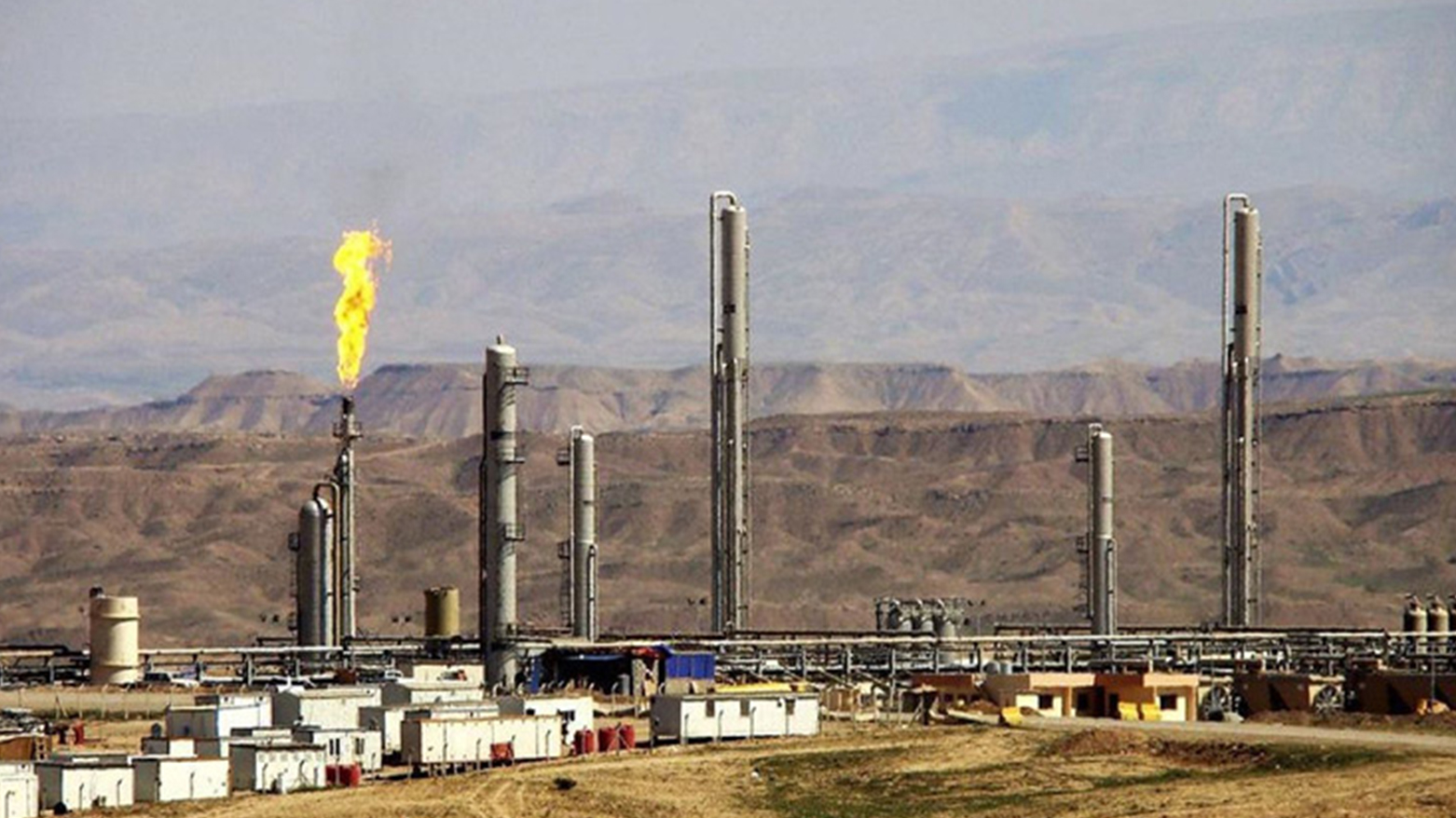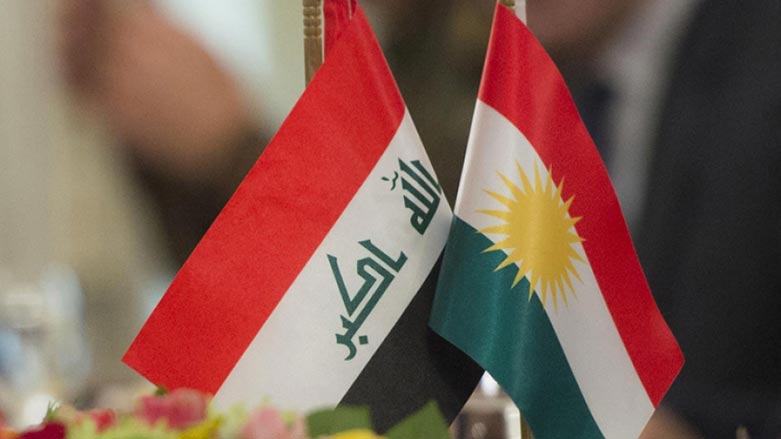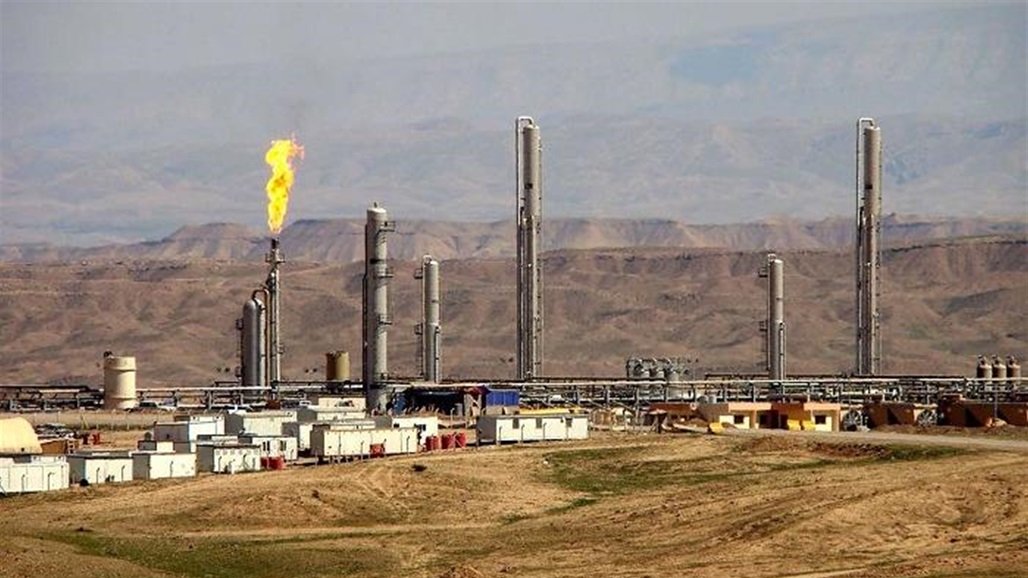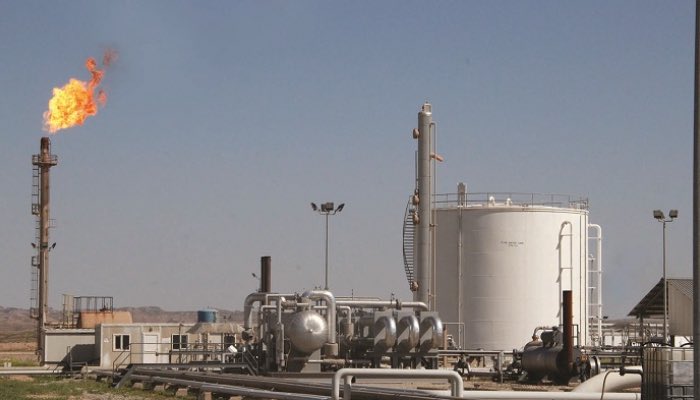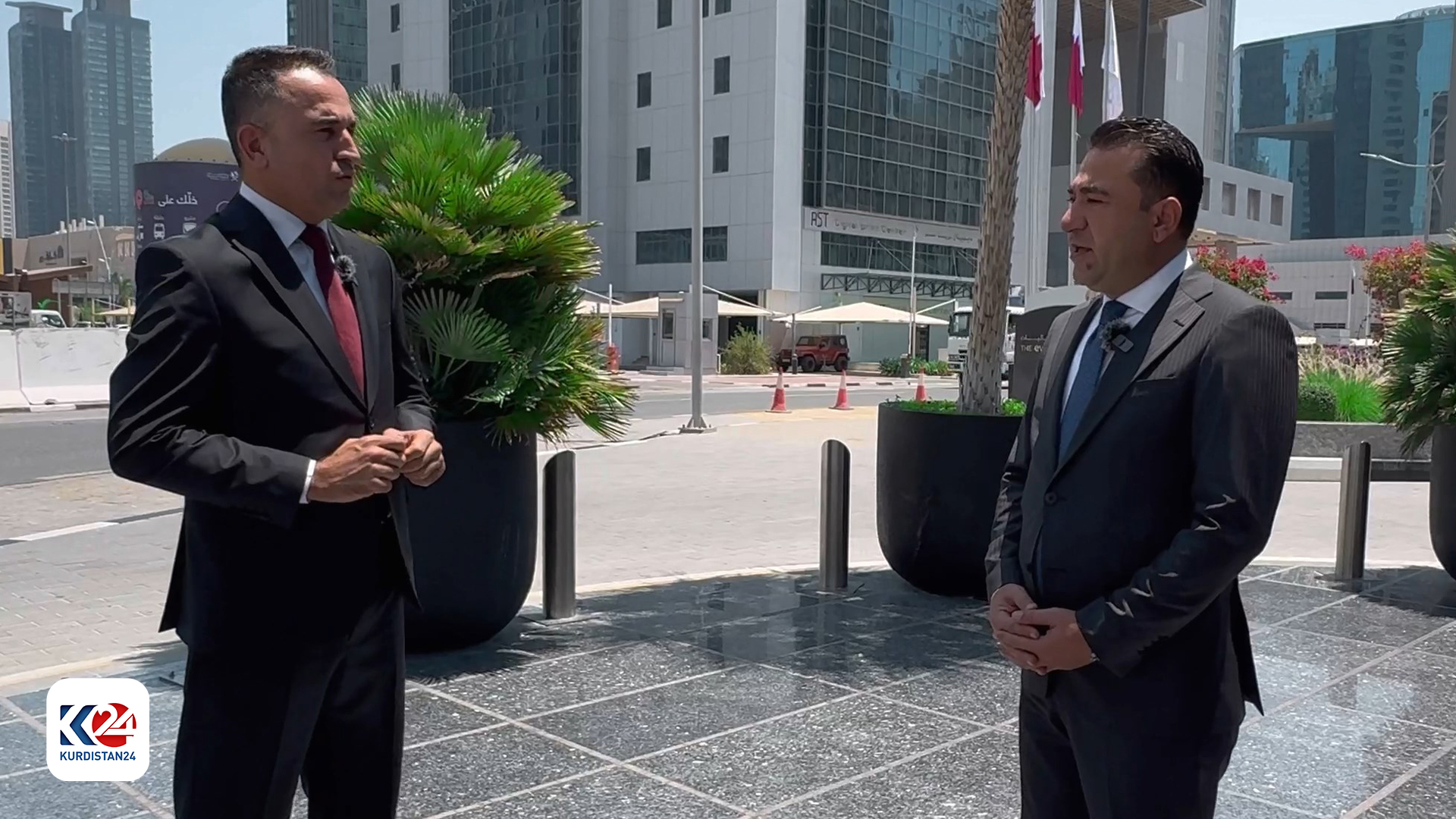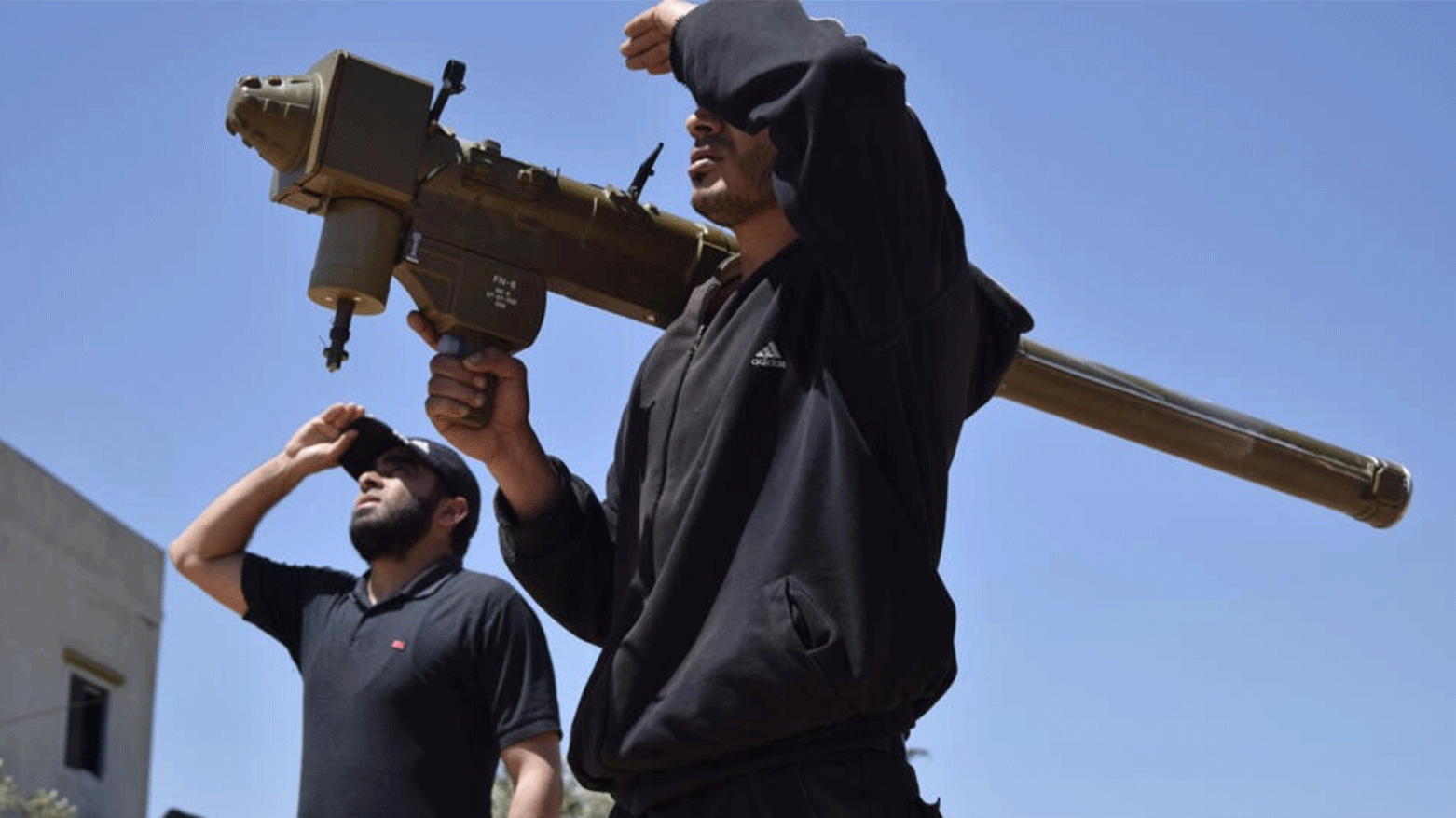Trump, Terror and Tomatoes: As U.S. Eyes Iraq Buildup, Iran May Stand to Gain

Washington has announced an intent to build more bases in Iraq as part of its strategy of containing Iran, but that might simply empower anti-American forces in the country.
Iranian tomatoes, not Iranian missiles or unemployment, are what inflamed tempers in southern Iraq’s Basra region this month. The flooding of Basra’s markets with thousands of tons of Iranian tomatoes got hundreds of farmers onto the streets to demand that the government stop the red tide, which sent prices plunging and caused Iraqi growers heavy losses.
The tomato market had admittedly suffered from a mysterious plague that created a shortage of the vegetable and raised prices. But the farmers claim there are enough tomatoes in the country, so there’s no need to import them from Iran. Iraqi law states that products shouldn’t be imported from other countries if a local alternative exists, and the farmers are merely demanding that the law be implemented.
>> Israel and Iran are on a collision course in Syria – and the U.S. and Russia don‘t care | Analysis
The farmers say the plague that damaged their crops is part of an Iranian plot. Some even insist that Iran spread the disease.
This isn’t the first time southern Iraq has been hit in its soft economic underbelly. In October, Iran slashed its supply of electricity to Iraq because of the Iraqi government’s huge debt to it. And three months earlier, it cut off the flow of water to the Basra region.
An enormous Iranian water project that’s about to be completed could compound Iraq’s economic woes and increase its dependence on the Iranian government. The project includes enormous dams that have diverted some of Iraq’s water sources.
The interests that bind these two countries, which fought a terrible war that ended 30 years ago, has made them, at least in the West’s eyes, virtual twins. Bilateral trade between Iran and Iraq is estimated at about $12 billion a year. Iran provides 40 percent of Iraq’s electricity and is also its main natural gas supplier.

Earlier this month, Iranian Foreign Minister Mohammad Javad Zarif said it was possible to increase bilateral trade to $20 million, and that “nobody can sever the historical ties between Iran and Iraq.” This statement was his response to U.S. Secretary of State Mike Pompeo’s demand that Iraqi Prime Minister Adel Abdul-Mahdi strictly comply with American sanctions on Iran now that Iraq has received an exemption for imports of Iranian natural gas.
But Iraq has no realistic alternative to its commercial ties with Iran, and certainly not in electricity, water and natural gas. The American strategy, which seeks to mobilize the Mideast’s Arab states against Iran and reduce its regional influence, offers no solution that could let Iraq transfer its dependency from Iran to other countries.
And certainly this isn’t possible in the little time until March, the expiry of the extension Washington gave a raft of countries that said they needed more time to adjust to the sanctions. Alongside Iraq, these countries include India, Turkey and South Korea.
While these other countries’ dependence on Iranian oil could be solved by importing the stuff from other producers, severing Iraq from Iran would be an existential threat to Iraq in a way untrue for any other country that Iran is involved with.
The paradox is that Iraq, which is considered an American ally in the war against the Islamic State and even announced that it would obey the sanctions against Iran despite its opposition to them, is forced to maintain and even expand its commercial ties with Iran. It needs these no less, and perhaps even more, than its strong ties with the United States.
Don’t play the religion card
The accepted wisdom, especially in the West, is that Iran’s ties with Iraq stem from the common denominator of their Shi’ite faith, so severing Iraq from Iran is essential to prevent the latter from forging a “Shi’ite axis” linking Tehran with Damascus and Beirut via Baghdad. This theory is attractive in its simplicity, but it suffers from several flaws.
First, a shared religion doesn’t necessarily create a commonality of interests, much less a willingness to obey another country’s supreme leader. The many rifts between Sunni states, including the schisms between Saudi Arabia and Qatar, Morocco and Algeria and Egypt and Turkey, completely refute the theory of a religious axis.
Iraq is controlled by a Shi’ite majority, but it hasn’t adopted the Iranian system of government. It has a democratic constitution that, at least on paper, guarantees significant political rights to the Sunni and Kurdish minorities. Every Iraqi government understands, as one of the lessons from both the Iraq War and the war against the Islamic State, that without full participation by Sunnis in the government, the country might descend into civil war once again.
Iran also understands Iraq’s political needs very well, and it has actually encouraged successive Iraqi governments to give Sunnis an honorable place in Iraqi politics to maintain stability. Moreover, key political blocs in Iraq oppose Iranian political and military involvement in Iraqi affairs.
The popular militias, which are supported and funded by Iran, have admittedly been granted an official role in Iraq’s army. But they’re still politically controversial in Iraq, even though they fought effectively against the Islamic State.
Moreover, the political battle that has raged over the past three months over the government’s makeup currently revolves around the appointments of the defense and interior ministers. Iran is trying to dictate these important appointments, but the country’s strongest political bloc, led by Muqtada al-Sadr, opposes Iran’s nominees.
That doesn’t mean Sadr supports Washington’s policy, however. On the contrary, he has demanded that American forces leave the country.
A member of the Iraqi parliament’s defense committee has said he plans to submit a bill to require all foreign forces to leave Iraq, including U.S. forces, which comprise about 70 percent of the approximately 8,000 foreign soldiers in the country. The bill would cancel the defense pact Iraq signed with the United States before Washington’s withdrawal of its forces from the country in 2011, and would let only a limited number of military advisers remain.
The pesky Islamic State
The timing of this proposal is no coincidence. It’s a response to Washington’s announcement of its intent to build more military bases in Iraq as part of its strategy of containing Iran.
But for now, expanding America’s military presence in Iraq is an empty slogan because it’s not based on any plan that could explain the goals of this presence. Continuing the war against the Islamic State might provide a good excuse, but using it would contradict former Iraqi Prime Minister Haider al-Abadi’s declaration that the Islamic State has been defeated in Iran.

That assertion, incidentally, proved baseless. According to The New York Times, since Abadi’s announcement, the Islamic State has committed more than 1,200 attacks in Iraq. It remains active in the south and also poses a threat in areas near the Iraqi-Syrian border.
The U.S. special envoy for the war against the Islamic State, Brett McGurk, who resigned to protest President Donald Trump’s decision to withdraw American forces from Syria, told CNN that the Islamic State hasn’t yet been defeated, and that finishing the war while U.S. troops were leaving would be a mission impossible.
Expanding America’s force in Iraq wouldn’t just contradict Trump’s claim that the Islamic State had been defeated, it would diametrically oppose his policy of bringing the troops back home. But Trump’s bipolar policies shouldn’t surprise anybody anymore.
Iraq’s concern is that deeper American involvement in the country would actually be counterproductive, as it would empower anti-American forces in Iraq and bolster Iran’s status. Even more importantly, Trump’s policy offers no hints on how a larger military presence, regardless of its size, could stop Iran’s economic entrenchment in Iraq.
This week, parts of a study by Gen. Ray Odierno about America’s failures during the Iraq War were published. The bottom line of the study, which was barred for publication back in 2016, is that Iran was the only winner.
Millions of words on why this is so have been written in the 16 years since that war began. But the inescapable conclusion is that even a massive American military presence in Iraq, as it had when the war was at its height, couldn’t stop Iran from entrenching itself in that country.
If Washington has no solution for Iraq’s economic and political dependence on Iran, its goal might be at least to prevent Iraq from becoming a launching pad for Iran to fire missiles at the West. This would certainly be a worthy goal, but it’s impossible to separate it from the broader relationship between Iraq and Iran.
There’s no guarantee that Iraq won’t let Iran build missile bases on its territory. But it also wouldn’t want to turn itself into a battleground between the United States and Iran, à la the Syria where Israel is fighting Iran.
Still, it’s not unreasonable to think that such a scenario could come to pass. And if it did, America might find itself in a war not just against Iran, but against Iraq.


